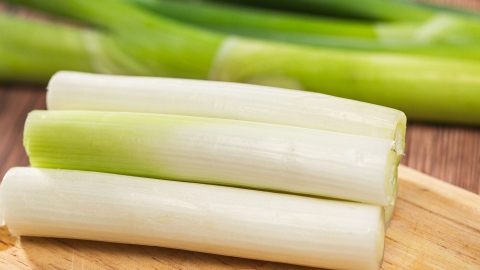Can bayberry wine and scallions be consumed together?
Generally speaking, it is not recommended to consume bayberry wine and scallions together; even small amounts should be consumed with caution. The specific analysis is as follows:

Bayberry wine contains alcohol, fruit acids, and vitamin C, and has a certain degree of irritancy. Scallions are rich in volatile oils and capsaicin-like substances, have a spicy odor, and similarly irritate the gastrointestinal tract. When consumed together, alcohol and capsaicin-like substances can doubly irritate the gastric mucosa, significantly increasing the burden on the gastrointestinal system, and easily causing discomfort symptoms such as heartburn, stomach pain, and nausea. These adverse reactions are particularly evident in individuals with weaker gastrointestinal function.
In addition, some people may be allergic to scallions, experiencing allergic reactions such as skin itching, rashes, and respiratory tract edema after consumption. The alcohol in bayberry wine dilates blood vessels and accelerates the allergic reaction process, worsening the symptoms. At the same time, alcohol metabolism in the body requires the liver's involvement, and some substances in scallions also need to be metabolized by the liver. Consuming both together increases the liver's metabolic burden, and long-term consumption may affect liver function.
In daily diet, to maintain gastrointestinal health and normal body function, it is best to avoid consuming bayberry wine and scallions together. If discomfort occurs after consumption, dietary adjustments should be made promptly, and medical consultation may be necessary. Additionally, maintaining a diverse diet and reasonably combining various ingredients can help maintain balanced nutrition in the body.








